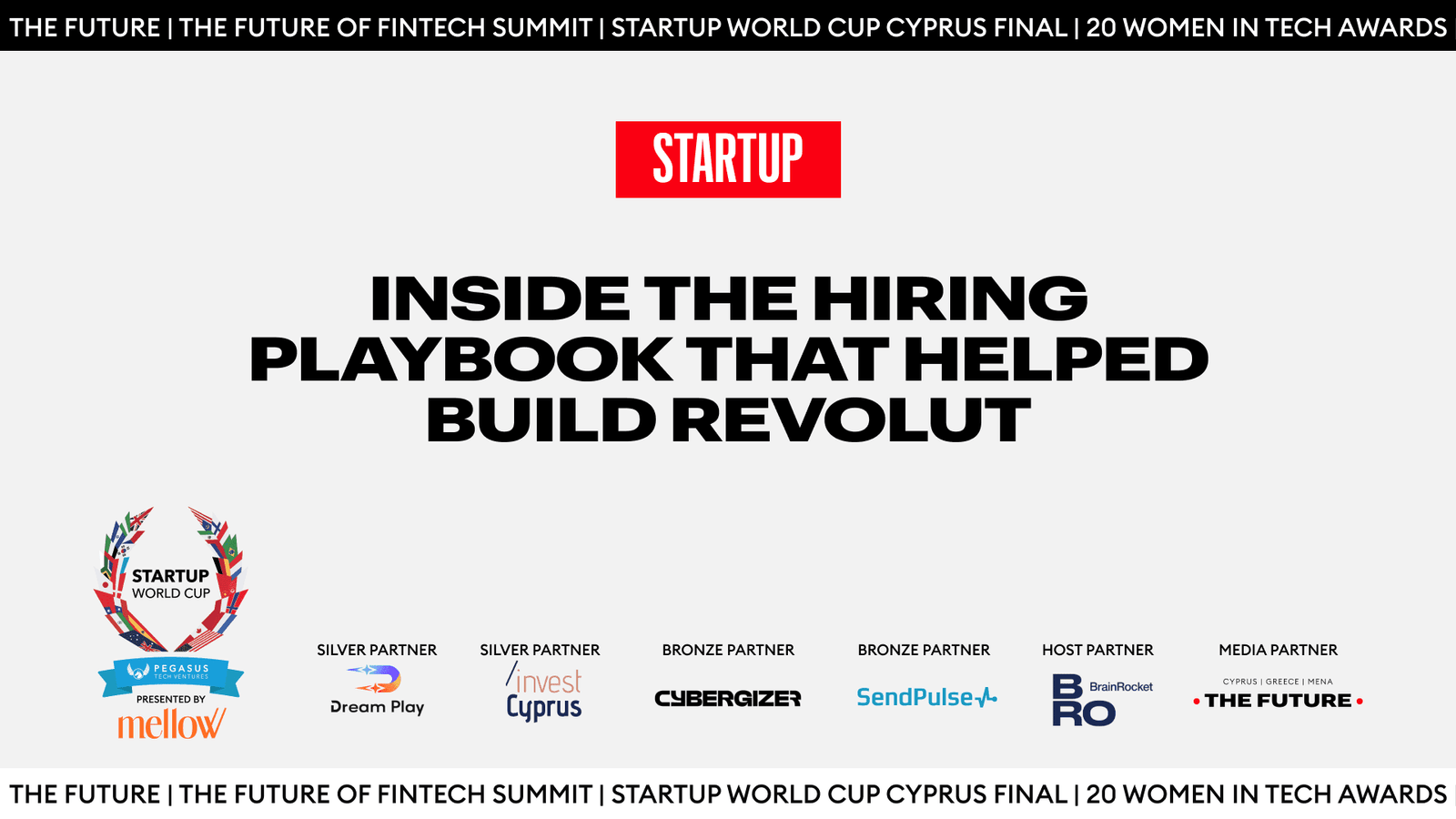Revolut didn’t become one of Europe’s fastest-growing tech companies by hiring on instinct. Behind the speed and scale was a system of recruitment that prioritized performance, speed, and consistency.
Now that the system is available to other founders.
Follow THE FUTURE on LinkedIn, Facebook, Instagram, X and Telegram
In May 2025, QuantumLight, the AI-first venture firm founded by Revolut CEO Nikolay Storonsky, released its Hiring Top Talent playbook. This playbook outlines the internal hiring methods that helped Revolut grow from a small founding team into a company with more than 10,000 employees, while enforcing a structured, high-standard approach to hiring at scale.
The playbook was published alongside the close of QuantumLight’s new $250 million fund and marks the latest step in the firm’s mission to transfer Revolut’s company-building DNA into the next generation of startups. The fund is backed by global institutional investors and tech founders, with a focus on AI, Web3, Fintech, SaaS, and Healthtech companies. Its portfolio already includes more than 100 companies launched by Revolut alumni, which together have raised over $2.2 billion.
For founders, the message is clear: good hiring doesn’t happen by instinct. It happens by design.
Inside the Playbook: The Process Behind Revolut’s Talent Strategy
The Hiring Top Talent playbook lays out how to build a hiring system that scales. It breaks down the recruitment process from role scorecards and interview calibration to funnel management and interviewer certification, with a focus on consistency and speed.
At the centre of the approach is a clear principle: hiring decisions should be based on structured, repeatable assessments rather than individual intuition. The goal is to reduce bias, improve signal quality, and create a feedback loop that sharpens decision-making over time.
Instead of outsourcing recruitment or relying on improvised processes, the playbook frames hiring as a core internal function. Founders are encouraged to build in-house sourcing capabilities early, operationalise interview training, and introduce metrics to track hiring velocity and quality.
The same system is already used across QuantumLight’s portfolio. Many of these companies are led by former Revolut operators who are applying the same level of rigour to hiring as they do to product and execution. The emphasis is not just on scaling fast, but on building a system that makes high standards repeatable.
What This Means for Founders
The value of the playbook is in how quickly it can be operationalised. Founders don’t need a head of talent or a scaled team to start using it. The core systems — scorecards, structured interviews, funnel metrics, and interviewer calibration — are built to work even in lean environments where hiring sits directly with the founding team.
Most of these can be implemented incrementally. A single founder can write scorecards in advance, run calibration sessions with team leads, and track candidate funnel metrics in a spreadsheet. What matters is that the process is structured and owned, not improvised with every new role.
For startups in ecosystems like Cyprus, where in-house sourcing and technical recruiting capacity may be limited, these frameworks are especially relevant. The playbook offers a model for building an internal hiring engine early, without relying on agencies or informal referrals to scale.
A System, Not a Shortcut
The Hiring Top Talent playbook doesn’t offer quick wins or one-size-fits-all advice. It offers a process. It shows how one of Europe’s most operationally disciplined companies approached hiring not as a function to fill roles, but as a core system to drive performance.
What makes it valuable is that it’s specific. It doesn’t start with principles or values. It starts with scorecards, interviewer training, sourcing tactics, and funnel data. It shows what it looks like to take hiring seriously before it becomes a problem.
For early-stage founders, especially in smaller ecosystems like Cyprus, that evolution in mindset can make a big difference. Building the right team isn’t just about who you hire; it’s about how. And the sooner a company defines that system, the more likely it is to scale with focus and intention.
As more Revolut alumni launch and scale their own companies, the most valuable thing they’re bringing with them isn’t capital. It’s infrastructure. The system is there. What matters is whether founders decide to install it before scale forces the issue.














